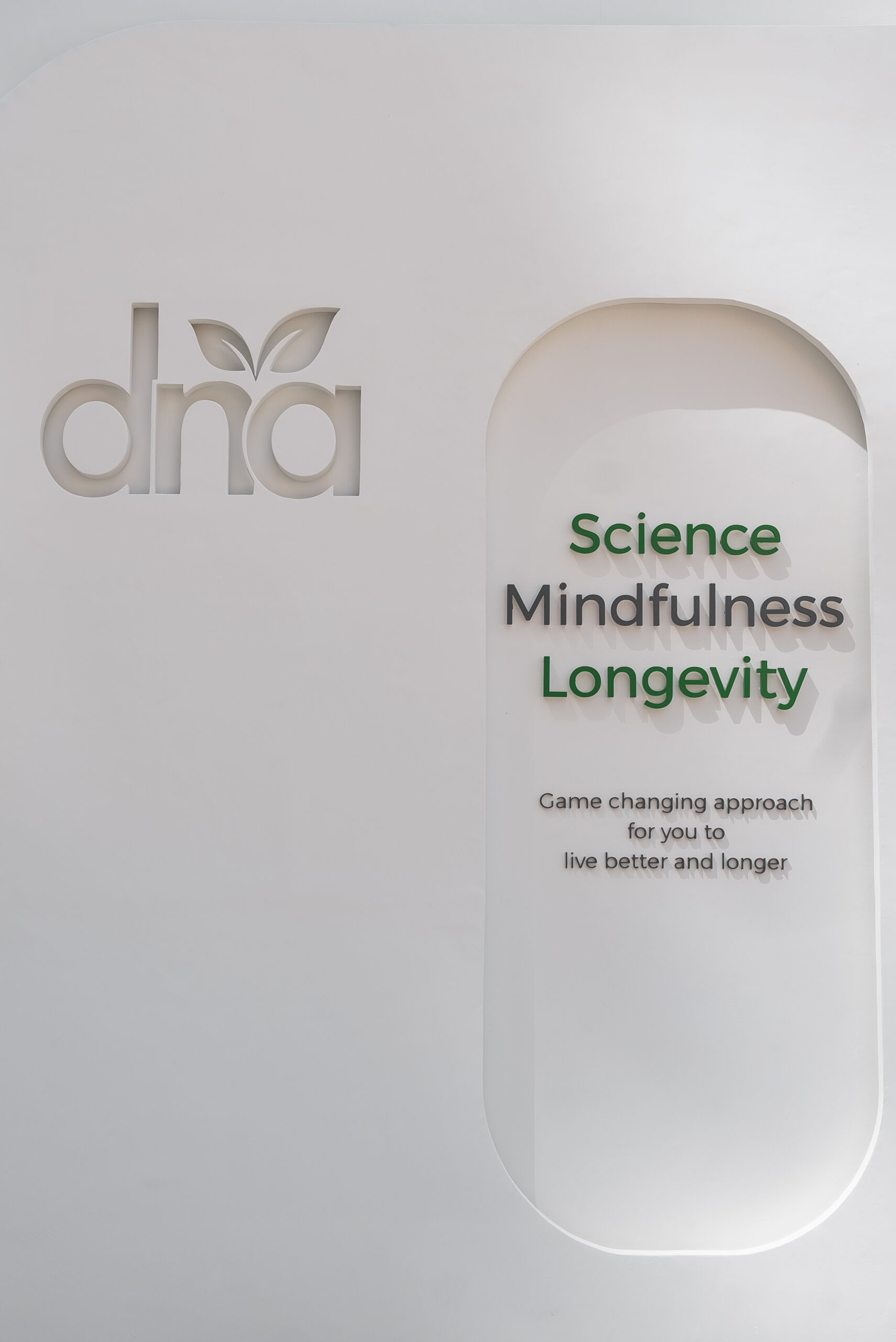The current outbreak of novel coronavirus disease 2019 (COVID-19) has been a stressful time for near enough everybody. In general, the fear and anxiety around any disease can be overwhelming and cause strong emotions, but it’s safe to say that we’re dealing with an unprecedented, once-in-a-lifetime set of events that is undoubtably amplifying the magnitude of our stress reaction.
First off, there’s the fact that COVID-19 was a largely unknown entity, creating uncertainty and unpredictability. Add to that the constant reporting of death rates and morbidity figures in the media, a rapidly changing set of circumstances, and the discrepancy between different country’s responses. Finally, top it off with the extend of the “lockdown”, loss of freedom, resulting economic impact, and threat to livelihoods. It’s hard not to experience anxiety and stress in a situation like this, and it can manifest in a myriad of ways:
- Fear and worry about your own health and the health of your loved ones
- Changes in sleeping or eating patterns
- Difficulty sleeping or concentrating
- Worsening of chronic health problems
- Worsening of mental health conditions
- Increased use of alcohol, smoking, and abuse of drugs
To manage the situation at hand, it’s important to have a variety of stress relief tools at your disposal. Only then will you be able to pick a strategy that works best for your current circumstances. Below are ten tips that you can use to add to your coping arsenal.
1
Take breaks from watching, reading, or listening to news stories and social media.
Put some distance between yourself and the media. Hearing about the pandemic repeatedly isn’t going to help anyone. Instead, watch some of your favorite movies or listen to some music.
2
Connect with others.
Physical distancing doesn’t mean you have to be socially distant. Use this opportunity to tap into the variety of technology platforms – like Zoom, Skype, and ToTok – to video call or speak with friends and family.
3
Just focus on your breath.
Changing the way you breathe can make a big difference to your overall stress levels. Breathing techniques can calm your body and your brain in just a few minutes.
While there are many different breathing exercises available, here are a few simple ones to try:
– Breathe in through your nose and watch your belly fill with air. Count slowly to three as you inhale. Hold for one second and then slowly breathe out through your nose as you count to three again.
– Breathe in through your nose and imagine that you’re inhaling peaceful, calm air. Imagine that air spreading throughout your body. As you exhale, imagine that you’re breathing out stress and tension.
4
Use this time to focus on eating well.
When you’re feeling stressed, it can be hard to pass on sugary donuts or salty foods. However, these foods – whilst giving you a temporary sense of relief – will cause your sugar to spike, increase inflammation, and ultimately make you feel worse in the longer term. Eating a balanced diet that’s comprised largely of fresh, whole foods – like eggs, avocado, and walnuts – improves stress resilience, mental wellbeing, and brain health.
5
Exercise, even if it’s a little bit.
Making time for exercise and movement each day, even if it’s just five to ten minutes, will help immeasurably. A brisk walk around the garden or a body-weight workout will keep your energy up and release endorphins (happy hormones), making you feel physically as well as mentally better.
6
Get some sunlight.
Maintaining a routine with your circadian rhythm will help balance your hormones and metabolism. Exposure to sunlight releases serotonin, which is associated with boosting your mood and helping you feel calm and focused. Without enough sun exposure, your serotonin levels can dip. Being out in the sun is proven to make you healthier, not just emotionally but physically as well.
7
Take a cold bath or a shower.
Exposing your body to regular acute cold conditions, such as taking a cold shower or splashing cold water on your face, increases stimulation of the vagus nerve. While your body adjusts to the cold, sympathetic activity (your fight or flight, stress response) declines, while parasympathetic activity increases, therefore you feel calmer. You may even start off doing hot and cold contrast showers, increasing the exposure to cold over time.
8
Wake up each day with a purpose.
This could be anything from learning or teaching something new to performing an activity or a specific task for the day. What’s even better is if you involve the family. Individuals who live with purpose have been shown to be healthier and live longer.
9
Express gratitude.
Studies have shown that grateful people enjoy better mental health, greater stress resilience, and a better quality of life. Gratitude works its magic by serving as an antidote to negative emotions. It also reminds you of all of the resources you have to cope with stress, which can be quite empowering.
To get started, write down a list of three positive events that make you happy at the start or close of each day.
10
Practice Meditation.
Meditation brings short-term stress relief as well as lasting stress management benefits. There are many different forms of meditation to try – each one is unique and brings its own appeal.
To get started, sit comfortably on the floor with your legs crossed (alternatively sit on a chair), and make sure your back is straight. Close your eyes, relax your body, and progressively deepen your breathing. Concentrate on your breath, trying not to focus on any thoughts. Be in the moment, simply paying attention to what you see, hear, taste, touch, and smell. You might develop a mantra that you repeat in your mind as you take slow, deep breaths.
Article written by Dr Nasr Al Jafari for goodness.me













